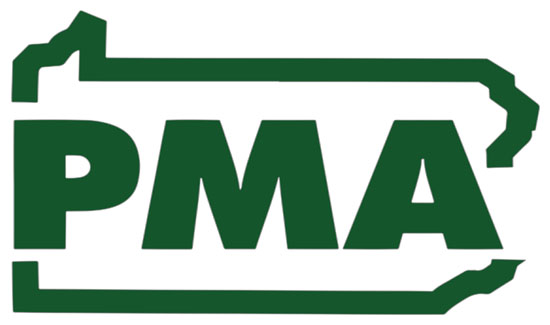Shapiro’s Lifeline Scholarship Betrayal Puts State General Fund Budget in Limbo

In a shocking reversal, Governor Josh Shapiro says he will line-item veto the scholarship program designed to rescue children who are trapped in Pennsylvania’s lowest-performing schools. Shapiro made the veto promise to House Democrats to win passage of the FY 2023-24 General Fund Budget, which had previously passed the Republican-held state Senate.
The governor claimed he didn’t want the budget to be delayed over “one provision”, even though it was the Senate’s top priority, as well as a program he had said he supported. However, the budget cannot take effect without enabling legislation that remains in the Senate. The betrayed Senate Republicans, who had agreed to include some of Shapiro’s priorities to win his support of the scholarship program, are now not scheduled to return to Harrisburg until September.
“If they pull out our priorities and the Governor’s priority, you’re going to see a very slimmed-down, scaled-back budget,” Senate President Kim Ward (R-Westmoreland) had said. “There were a lot of things in this budget that we didn’t really want to do. If they send it back without something, the agreement is null and void.”
PMA President and CEO David N. Taylor described Governor Shapiro’s decision as “a tragedy for everyone.” Noting the administration’s early emphasis on bipartisanship and building consensus, Taylor said “I fear Governor Shapiro’s broken promise will plunge Pennsylvania into a new and worse era of partisan division and distrust.” Taylor went on to emphasize his organization’s commitment to education reform as a top priority to build Pennsylvania’s workforce and right-size state government. “We cannot tolerate substandard schools that waste taxpayer dollars and squander the promise of our young people. All of our students deserve an educational experience that prepares them for success in life, including success in the workplace.”
The Pennsylvania Award for Student Success (PASS) Initiative is a $100 million scholarship program for students who attend schools that are in the bottom fifteen percent in performance. Under it, students in K-8 would receive $5,000, high-schoolers $10,000, and special-needs students $15,000 in scholarships for private school tuition and related expenses.
In passing the program with the budget before the July 1 deadline, Senate Republicans promised the governor that public schools funds would not be reduced if enacted. Perhaps due to the poor overall record of zip-code based public schools– 77 percent of Pennsylvania eighth graders are not proficient in math and 44 percent are not proficient in language arts – the teacher unions are militantly opposed to giving kids trapped in underperforming schools a ticket out.
Making further excuses, Shapiro cited a legal opinion that prohibited the enactment of PASS without enactment of separate “enabling” legislation, which, he said, would not clear the House. But as State Rep. Seth Grove (R-York) pointed out to the Pittsburgh Post-Gazette, there are “many Shapiro-favored items in the overall spending bill that meet the same description. Among others, he named the Whole-Home Repairs program, Level Up, Parent Pathways, and historically disadvantaged business assistance.”
Budgets have been held up before, sometimes for months. In fact, in Gov. Tom Wolf’s first budget year the Republican-led House and Senate stared him down for nine months over his insistence on raising taxes. Eventually, he relented.
Overall, the $45.55 billion budget spends approximately $300 million less than what the governor proposed in March, ensuring the state’s projected budget balance remains positive through Fiscal Year 2025-26. The plan also increases Pennsylvania’s Rainy Day Fund by $500 million, bringing the state’s budgetary reserves up to the national average.
It also adds $150 million more for school choice through the Educational Improvement Tax Credit (EITC) and Opportunity Scholarship Tax Credit (OSTC) programs. And, it continues the phased reduction of the state’s Corporate Net Income Tax and adds tens of millions of new dollars for workforce development, job training and career and technical education. It also provides additional resources to support improvements to the state Department of Environmental Protection’s permitting process as well as the modernization and upgrade of Pennsylvania’s occupational licensure system.
For now, the stalemate continues, and kids will remain captive in Pennsylvania’s worst-performing public schools.







